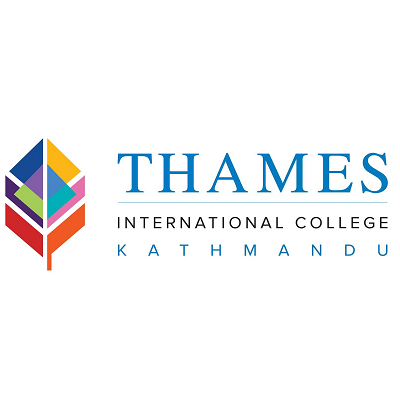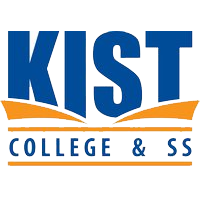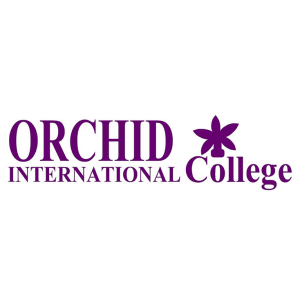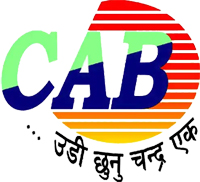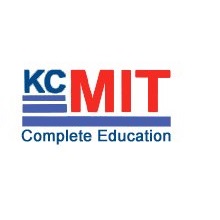Overview
Bachelor of Information Technology Management (BITM) at National College of Computer Studies (NCCS)
Bachelor of Information Technology Management (BITM) at NCCS brings computing and business into one degree under Tribhuvan University.
You study programming basics, databases, networking foundations, information systems, analytics fundamentals, accounting, finance, and project work on a campus in Paknajol, Kathmandu.
The aim is to help you understand how technology supports decision-making, operations, and services across Nepali organizations.
The program follows TU rules for curriculum, evaluation, and examination. Semester teaching blends classroom study with supervised labs, case tasks, and a final project or internship as per the session plan.
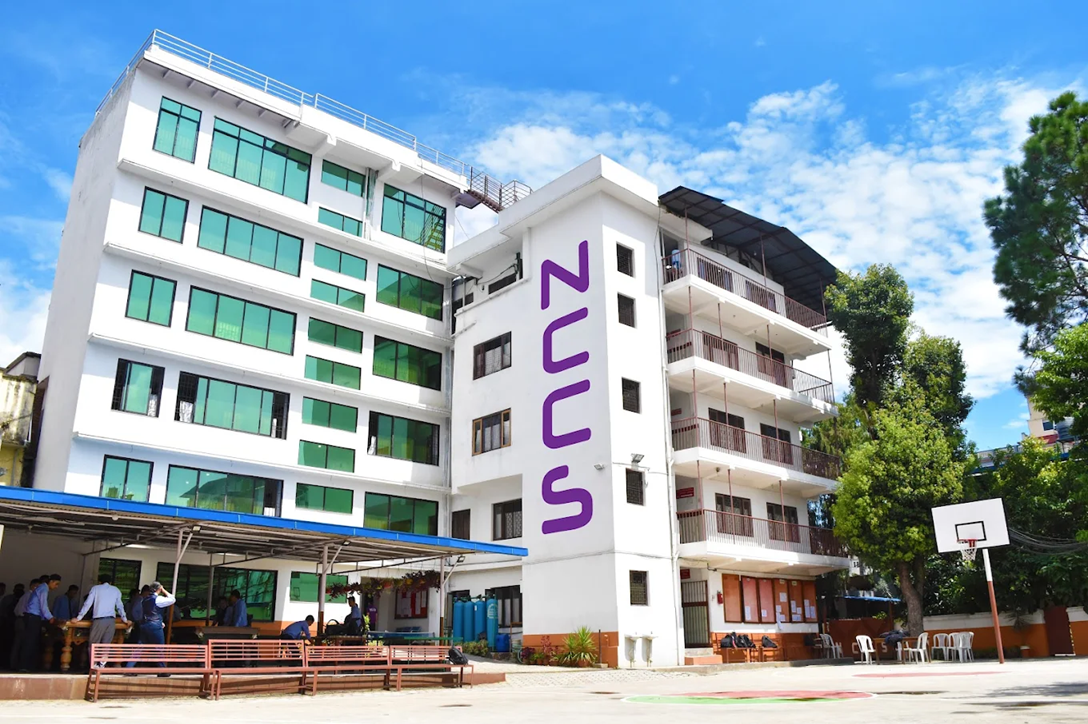
Highlights
-
University: Tribhuvan University (TU)
-
Campus: NCCS, Paknajol, Kathmandu
-
Duration: 4 years (8 semesters)
-
Study areas: IT foundations, information systems, business core, data handling, networking basics, software project
-
Evaluation: Semester system with internal and external components set by TU
Curriculum Details
BITM covers core IT subjects and essential management courses. Course titles may vary across intakes, but the coverage remains consistent.
-
IT Foundations: Programming fundamentals, data structures, web technologies, database systems, operating systems basics, computer networks, IT security basics.
-
Information Systems: Management information systems, e-business concepts, process mapping, system study, documentation practices.
-
Business Core: Accounting, finance, economics, statistics, marketing, organizational behavior, operations, business communication.
-
Analytics & Decision Support: Quantitative methods, spreadsheet modeling, introductory analytics, reporting.
-
Project & Internship: Team project with a report and presentation; internship or field assignment under faculty guidance.
-
Electives (sample): Data visualization, mobile/web application topics, network administration basics, entrepreneurship in tech contexts.
Short assignments, lab tasks, mini-projects, and presentations appear across semesters so you build skills steadily before the capstone.
Objectives
-
Build an applied understanding of computing concepts that matter for business tasks.
-
Help students connect databases, networks, and web tools to routine operations.
-
Strengthen writing, presentation, and documentation for technical and managerial audiences.
-
Prepare graduates for entry-level roles that sit between IT teams and business units.
Scope
Graduates work in IT support, application support, business analysis, MIS reporting, web coordination, basic database administration, and operations roles in banks, colleges, trading firms, hotels, and NGOs. Many pursue further study in information systems, business analytics, or computing fields that extend BITM foundations.
Learning Outcomes
Students completing BITM at NCCS typically can:
-
Write and test small applications that solve clear business problems.
-
Design basic data models, write SQL queries, and manage backups with care.
-
Explain how networks, servers, and cloud services support daily work.
-
Build simple dashboards and reports that help managers read figures quickly.
-
Document user needs, prepare requirement notes, and track change requests.
-
Present a project with clear code comments, version history, and a results summary.
-
Work in teams and handle task ownership during a project sprint.
Skill Development Modules
-
Programming & Web: Fundamentals, data structures, web pages and forms, API use in small projects.
-
Data & Databases: Relational modeling, SQL, stored routines, admin basics, data quality checks.
-
Systems & Networks: OS basics, network concepts, service configuration at an introductory level.
-
Business & Finance: Financial statements, cost ideas, budgeting, and pricing for IT tasks.
-
Analytics & Reporting: Spreadsheet skills, charts, pivot tables, entry-level BI concepts.
-
Process & Quality: Requirement notes, test cases, user guides, and simple risk logs.
-
Project & Internship: Team roles, timelines, reviews, and a final showcase or internship report.
Teaching Methodology
Teaching follows TU guidelines on a schedule that combines lectures, labs, case discussions, and reviews. You practice coding in supervised lab hours, run database exercises, and simulate network tasks on campus resources. Business courses rely on problems, short cases, and numerical practice. Faculty guide you through mini-projects before the final capstone, so your documentation and teamwork habits improve over time.
Guest talks and seminars connect classroom points to local workplaces. Clubs and forums encourage peer learning, which helps when you prepare for oral presentations and report submission.
Admission Requirements
-
Completion of 10+2 or equivalent from a board recognized by TU.
-
Minimum aggregate as fixed for the intake year by TU or the faculty board.
-
Entrance test and college selection steps as per TU rules and campus notices.
-
Submission of required documents within deadlines (academic certificates, character certificate, photographs, citizenship or passport copy).
-
Seat confirmation based on merit and notice timelines.
You should check the current admission circular for dates, forms, and any subject-specific prerequisites set for the session.
Career Opportunities
-
Application & IT Support: Help-desk, junior system support, application support in business units.
-
Business Analysis & MIS: Requirement collection, report preparation, dashboard upkeep.
-
Web & Data: Web content coordination, entry-level database support, data validation.
-
Operations & Admin: Coordination roles in banks, colleges, hotels, trading houses, and NGOs that need staff who understand both tech and process flow.
-
Further Study: Information systems, analytics, project management, or advanced computing based on interest.
A capstone project and internship provide concrete work samples. You can share code snippets, reports, and change logs during interviews.
Scholarships and Financial Aid
Scholarship information appears each intake under TU and campus policy. Merit criteria often refer to entrance or semester results, and need support may be available under the session guideline. Applicants should review the latest notice for eligibility, documents, deadlines, and renewal rules.
Why Choose This Course?
-
A single degree that connects IT skills with business practice, useful for roles that require coordination between users and technical teams.
-
Semester flow that uses labs, cases, and a final project to build practical confidence.
-
Campus support for project guidance, presentations, and portfolio preparation under TU standards.
Conclusion
BITM at NCCS serves students who want to link computing with business tasks in a structured, semester-wise path. Careful practice in labs, steady written work, and a final project or internship help you collect evidence of skills for entry-level roles in Nepali organizations. Applicants should follow TU and campus notices for the current intake, then plan documents and timelines early to avoid last-minute stress.


